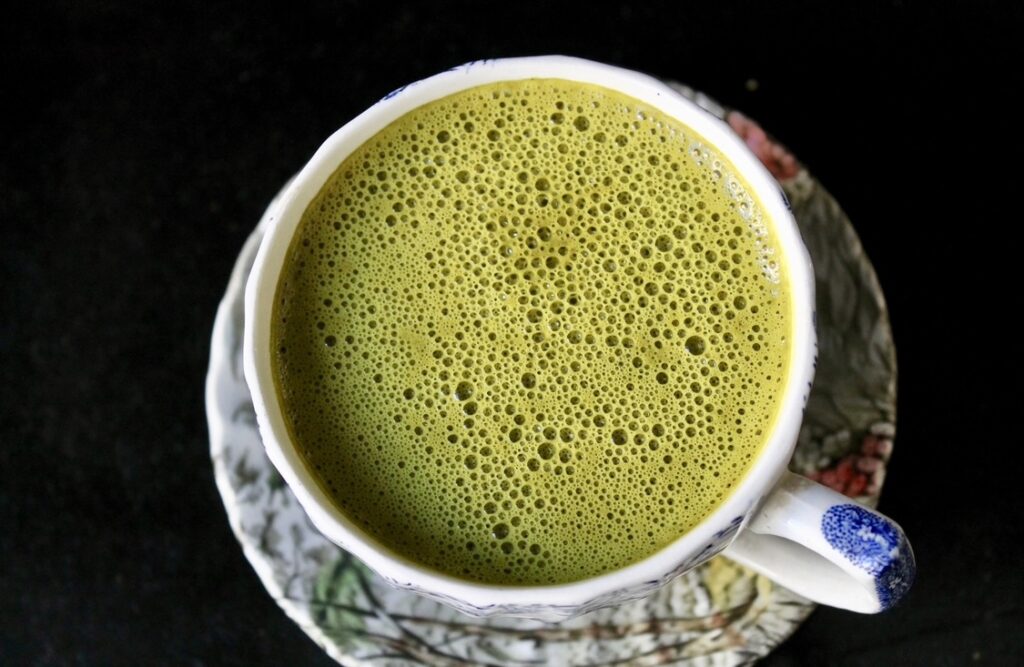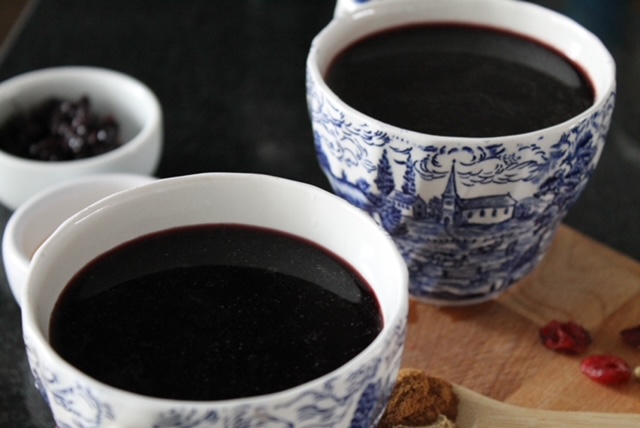Tea is the oldest herbal medicine there is. If you’re tea lover this post is for you. If not, it may turn you into one.
What I love about using tea to address health complaints is that it’s gentle, while still having an effect. This is really good if you’re sensitive, as many of my clients. are.
While people tend to want strong and powerful things to address their issues, it can often overwhelm the system and make you feel worse. Slow and gentle progress is the most sustainable way forward.
Tea’s biggest benefit is that it’s consumed in liquid form, making it easier to digest and absorb. Especially with low stomach acid.
Tea can repair, rebalance and sooth. It can help you slow down, which benefits and heals the nervous system.
Note: if you have low stomach acid, drink tea between meals instead of with meals, to avoid diluting stomach acid further.
Below are my favorite teas to support common conditions. You may be surprised at how effective they are at helping you feel better.
Candida/yeast overgrowth– Matula tea kills both yeast and h. pylori (bacterial infection of the stomach). Matula tea must always be consumed on an empty stomach for efficacy.
Some of my clients cleared yeast just by drinking Matula tea, according to their GI Map retest. Pau’ darco is very effective against yeast.
SIBO (small intestinal bacterial overgrowth)- Ginger tea, helps support the migrating motor complex. Oregano tea is highly antimicrobial.
Adrenal fatigue– Tulsi tea helps balance cortisol, thus helping melt belly fat. It is also lightly antifungal, and fights yeast overgrowth by supporting the immune system.
Poor digestion and heart burn– CCF tea (coriander, cumin, fennel). This tea comes from Ayurvedic tradition. You can make it by adding half a cup of cumin seed, half a cup of coriander seeds, and half a cup of fennel seeds to a glass jar and mixing well. Each morning, simply add 1 ½ teaspoons of the seed blend to the hot water and let steep for 10 minutes.
Bloating: Fennel seeds, caraway seeds and anis seeds can help. Follow directions above to make tea with these seeds.
Contraindication: Don’t use mint tea if you have reflux because as it can relax the LES and make reflux worse.
Bacterial overgrowth– Steep tea from fresh or dried oregano, basil and thyme leaves.
Parasites– Wormwood tea is a top herb used to kill parasites.
Ulcers– Matula tea, licorice and marshmallow root tea all help address the root cause of ulcers (Matula) and repair the stomach lining.
H. Pylori – Matula and green tea both kill h. pylori bacteria. Green tea is also anti inflammatory, a polyphenol that feeds beneficial bacteria AND supports liver function.
Liver support – Dandelion tea and green tea with lemon are great for liver support. While dandelion tea is usually bitter, this is the most delicious dandelion tea I have ever tasted. It is flavoured with vanilla.
Allergies– Nettle tea (also supportive for the liver).
Leaky gut: Marshamallow root tea helps heal and seal the gut lining. Add a teaspoon of collagen powder to your tea for extra gut healing effects.
Contraindications: If you have histamine issues you should avoid green and black tea because both can trigger histamine symptoms.
Rheumatoid arthritis-Studies show that rosehip reduces pain and other symptoms related to rheumatoid arthritis by limiting the production of pro-inflammatory cytokines.
Rose hips tea also contains healthy fat compounds like triterpenoic acids, ursolic acid, oleanolic acid, and betulinic acid, which inhibit the cox-1 and cox-2 enzymes, that trigger inflammation and pain.
Viral infections or viral flu– Elderberry tea is the best remedy I have come across. I have used it to speed up healing from the flu. You can make it from boiling fresh or frozen elderberries
Lower inflammation-The best teas to lower inflammation are turmeric, ginger, chamomile and green tea. Speaking of which, I am sharing one of my favorite inflammation lowering teas below. It is full of gentle antimicrobial herbs and turmeric. It is as healthy as it is delicious.
I am sharing my favorite tea for fighting inflammation, detoxing the liver and keeping h. pylori at bay, below. This recipe for Matcha Golden Milk comes from my Treats That Heal cookbook. It contains spices that help balance blood sugar, support motility and heal leaky gut.
The cookbook has more than 100 anti-inflammatory, low sugar treats to enjoy with your healing tea without jeopardising your tummy health.

Ingredients
1 teaspoon of coconut oil
3/4 teaspoon of matcha green tea powder
1 cup of hot water
1 cup of non-dairy milk (coconut, nut, gluten-free oat or pea protein milk)
1/4 teaspoon of ginger powder
1/4 teaspoon of cinnamon powder
1/4 teaspoon of cardamom powder
optional: 1/4 teaspoon of vanilla powder
1/2 teaspoon of turmeric powder
pinch of black pepper
Honey to taste (Manuka honey is best for h. pylori)
Optional: 1 teaspoon of collagen powder
How to
Heat water and non dairy milk together in a pan.
Mix in coconut oil with matcha powder, cinnamon, ginger, cardamom, turmeric and vanilla.
Mix everything with a spoon but this drink tastes best blended. Put in blender or use hand blender. If you leave it too long after blending it may taste gritty, blend or mix again before enjoying.


